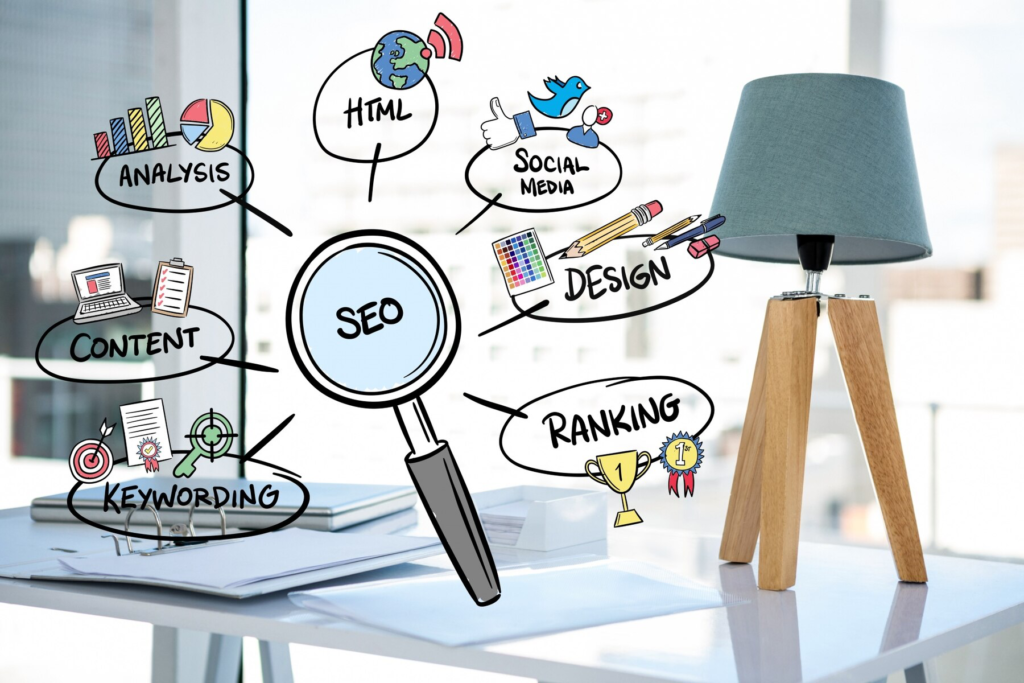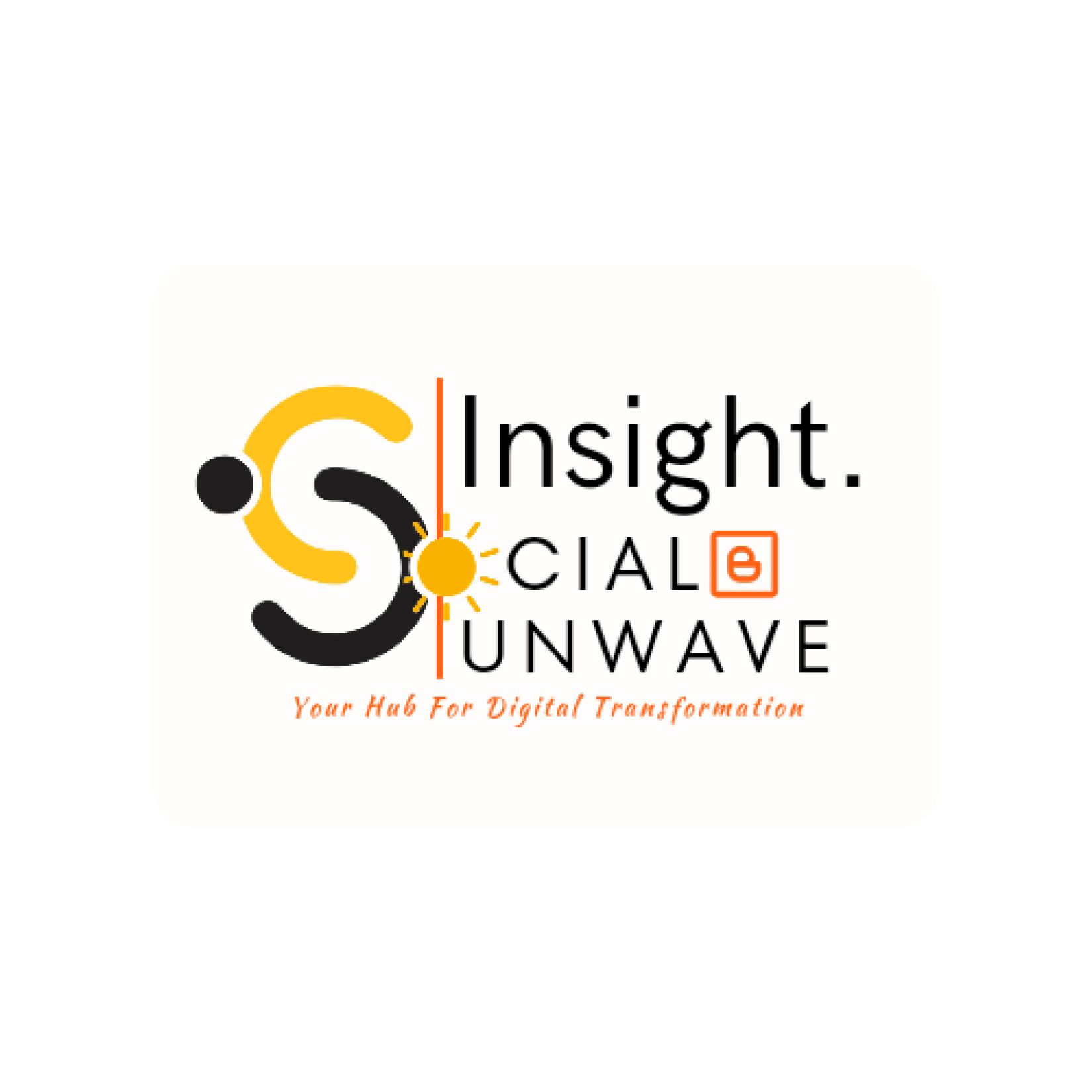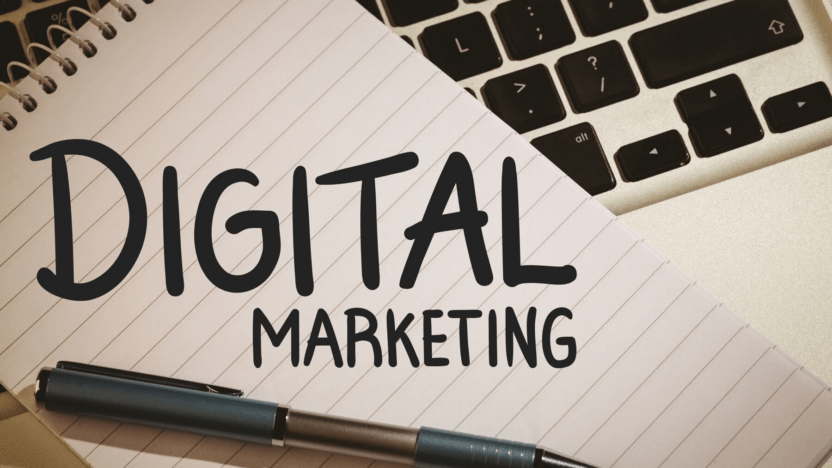Digital marketing encompasses online strategies to promote products and engage customers through SEO, social media, and content marketing.
Digital marketing is a vital part of how businesses connect with potential customers in today’s fast-paced digital world. When discussing digital marketing, we’re referring to all those marketing efforts that leverage the internet and electronic devices. It includes a variety of strategies and channels, which is why it’s so crucial for businesses looking to thrive in this digital age.
Let me take you through the different components of digital marketing, showing you how they all work together to create a cohesive strategy. You’ll see why understanding these elements is essential for achieving business success.
Whether it’s through social media, email campaigns, or search engine optimisation, each piece plays a significant role in reaching your audience and driving engagement.
Introduction to Digital Marketing
Digital marketing is the practice of promoting products or services through various online channels. These includes search engines, social media platforms, email, websites, and mobile applications. The primary goal is to engage with a target audience, drive traffic to a website, and ultimately convert visitors into customers.

Unlike traditional marketing, digital marketing allows for real-time interaction and feedback, making it a more dynamic and responsive approach.
SEO
Search Engine Optimisation (SEO) is a crucial component of digital marketing that focuses on enhancing a website’s visibility on search engine results pages (SERPs).

This process begins with keyword research, where you will identify the terms and phrases potential customers are using to search for products or services. This research is crucial for content strategy, ensuring that the website addresses the needs and interests of its target audience.
On-page optimization plays a significant role in SEO. This includes optimising meta tags, such as title tags and meta descriptions, which help search engines understand the content of a page.
Structuring your content effectively with headings, subheadings, and bullet points can improve user experience and engagement, leading to lower bounce rates and higher rankings.
Off-page optimisation like link building, are equally important. This involves acquiring backlinks from reputable websites, which signals to search engines that your content is valuable and trustworthy.
A strong backlink profile can significantly boost a site’s authority, further enhancing its visibility. Overall, a well-executed SEO strategy not only drives organic traffic but also fosters trust and credibility among consumers, which is essential for long-term success in the digital landscape.
Content Marketing

Content marketing is indeed a crucial aspect of digital marketing that emphasizes the creation and distribution of valuable, relevant content tailored to a specific audience.
The primary goal is to attract and engage users by providing them with information that meets their needs and interests. This approach not only enhances brand awareness but also fosters customer loyalty and trust.
Content can take various forms, such as blog posts, videos, podcasts, infographics, and eBooks, allowing brands to reach their audience through multiple channels.
For instance, blog posts can provide in-depth insights on industry trends, while videos can offer engaging tutorials or product demonstrations. Infographics can visually represent complex data, making it easier for audiences to understand and share information. By diversifying content formats, brands can cater to different preferences and increase their reach.
High-quality content establishes a brand as an authority in its industry. When a brand consistently produces informative and useful content, it builds credibility and trust with its audience.
This relationship is essential for converting potential customers into loyal clients. Quality content plays a significant role in SEO, as search engines prioritise websites with fresh, relevant content.
By regularly updating content and optimising it for search engines, brands can improve their visibility in search results, driving organic traffic to their websites and enhancing overall digital marketing strategy.
Social Media Marketing

Social media marketing is a powerful tool that utilizes platforms such as Facebook, Instagram, Twitter, and LinkedIn to connect with audiences in meaningful ways. These platforms serve as a vital channel for businesses to build brand awareness, engage directly with customers, and drive traffic to their websites.
By establishing a strong social media presence, brands can showcase their products or services and share valuable content that resonates with their target audience.
One of the standout features of social media is its ability to create community and foster relationships. Brands can interact with their followers by responding to inquiries, addressing comments, and gathering feedback, which transforms social media into a two-way communication channel.
This interaction not only enhances customer satisfaction but also builds loyalty, as customers feel heard and valued. Also, brands can use social media to share user-generated content, further encouraging community engagement and trust.
Social media platforms offer robust paid advertising options that allow businesses to target specific demographics, interests, and behaviours. This targeted approach increases the effectiveness of campaigns, ensuring that marketing messages reach the right people at the right time.
With analytics tools available on these platforms, businesses can track the performance of their campaigns, adjust strategies in real-time, and measure Return on Investment (RIO).
Overall, social media marketing is an essential component of a comprehensive digital marketing strategy, enabling brands to connect with their audience, build relationships, and achieve their marketing goals.
Email Marketing

Email marketing continues to be one of the most effective digital marketing strategies available today. It involves sending targeted messages to a list of subscribers, which can include promotions for products, updates on company news, or valuable content that addresses the audience’s interests.
The key to successful email marketing lies in personalization and segmentation. By tailoring messages to specific groups within the subscriber list, you can ensure that the right message reaches the right audience, enhancing engagement and effectiveness.
This direct form of communication is particularly valuable for nurturing leads and maintaining customer relationships. By providing relevant content and offers, businesses can keep their audience informed and engaged, ultimately driving conversions.
For instance, sending personalised recommendations based on past purchases or behaviour can significantly increase the likelihood of a customer making a purchase.
Email marketing platforms come equipped with analytics tools that allows you to track important metrics such as open rates, click-through rates, and conversions. This data is crucial for understanding the effectiveness of email campaigns and identifying areas for improvement.
By analyzing these metrics, businesses can refine their email strategies, test different approaches, and continuously enhance their campaigns to achieve better results over time.
Email marketing remains a powerful tool for building relationships and driving sales in the digital landscape.
Paid Advertising

Paid advertising, particularly through pay-per-click (PPC) campaigns, is a powerful method for quickly reaching a larger audience. Utilizing platforms like Google Ads and various social media advertising options, businesses can create highly targeted ads that are displayed to users based on their interests, demographics, and online behavior.
This level of precise targeting ensures that the ads are relevant to the audience, increasing the likelihood of engagement and conversion.
One of the key advantages of PPC campaigns is the ability to generate immediate traffic to a website. Unlike organic methods that may take time to build momentum, paid ads can start driving visitors as soon as the campaign goes live. This immediacy can be particularly beneficial for businesses looking to promote time-sensitive offers or new product launches.
While investing in paid advertising does require a financial commitment, the potential return on investment (ROI) can be substantial when campaigns are well-optimized.
Effective optimization involves continuously analyzing performance metrics, adjusting bids, and refining ad copy and targeting strategies based on what works best.
By doing so, you can maximise your ad spend and achieve significant results, making PPC a valuable component of a comprehensive digital marketing strategy.
Analytics and Data Analysis

Analytics and data analysis play a vital role in digital marketing, as they provide the necessary insights to assess the effectiveness of various marketing strategies.
By tracking key metrics such as website traffic, conversion rates, and user engagement, businesses can gain a clearer understanding of how their marketing efforts are performing. This information is crucial for determining what works and what doesn’t, allowing you to make informed decisions.
Tools like Google Analytics are invaluable in this process, offering a wealth of data that helps you understand user behaviour and identify emerging trends. For instance, businesses can analyze which pages are most visited, how long users stay on the site, and what paths they take before converting. This level of detail enables you to pinpoint areas for improvement and adjust your strategies accordingly.
A data-driven approach allows for continuous optimisation of marketing efforts. By regularly reviewing analytics, businesses can allocate their resources more effectively, focusing on strategies that yield the highest returns.
This ensures that marketing campaigns are not only more efficient but also have a greater impact, ultimately driving better results and enhancing overall business performance.
Conclusion
Digital marketing has become a fundamental element of contemporary business strategy, encompassing a wide array of components that work together to create a comprehensive approach.
Key elements such as search engine optimization (SEO), content marketing, social media marketing, email marketing, paid advertising, and analytics are all integral to successfully navigating the digital landscape.
By effectively leveraging these strategies, businesses can reach their target audience more precisely, enhance brand awareness, and drive sales. The digital environment is constantly changing, and adapting to these shifts is crucial for maintaining a competitive edge.
Embracing digital marketing not only increases visibility but also helps foster meaningful connections with customers. This engagement is essential for building trust and loyalty, which are vital for long-term success in any industry.
Ultimately, a robust digital marketing strategy allows businesses to not only thrive in the present but also prepare for future challenges and opportunities, ensuring sustained growth and relevance in an ever-evolving marketplace.





